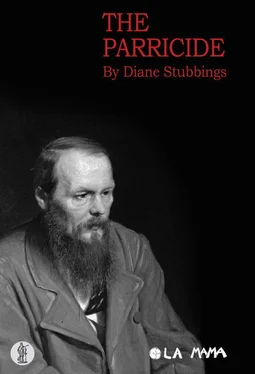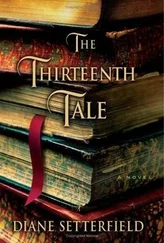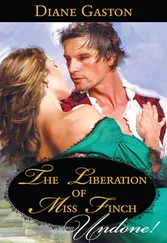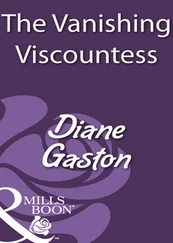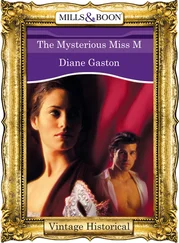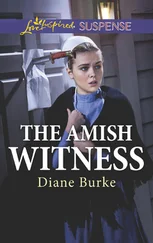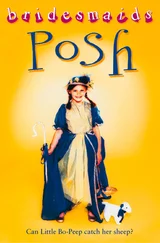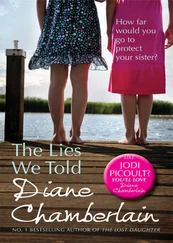‘If it’s in your head to do it…’
A man can’t be hung for a wish. Not for a wish. For an act, yes. An act. But not for a wish, a word. Not for a word…
It was Mitya who killed him. It had to have been. Otherwise how does it end?
ALYOSHA: He didn’t kill father.
FEDYA: He killed him. He took a rock—
ALYOSHA: No—
FEDYA: He smashed it against his skull—
ALYOSHA: No—
FEDYA: He wanted him dead.
ALYOSHA: But he didn’t kill him. I know.
I know.
FEDYA: Tell me. Tell me once and for all. Does God exist?
ALYOSHA: He must. Or what else are we?
FEDYA: Then is it our obligation to destroy him?
ALYOSHA: And allow all we know to collapse entirely?
FEDYA: So we risk everything on a dream? A delusion?
ALYOSHA: A hope. A promise.
FEDYA: For good? Or ill?
ALYOSHA: Good or ill is in our hands to determine.
FEDYA: And what are we? Tell me.
What do we know of the God we imagine?
ALYOSHA: Do you know what father used to say? That hanging’s too good for him. The man who first invented God.
A beat.
ALYOSHA: Brother…
FEDYA: Let me be.
ELENA ’s flat. ELENA and ANNA.
ANNA: He’s sent me away. He won’t open his door. He refuses to work.
You understand the contract’s terms?
ELENA: Perfectly.
ANNA: What he’ll forfeit?
ELENA: You read them, don’t you? Fedya’s stories. I’d know that wide-eyed mawkishness anywhere.
You’ve probably devoured them since you were a child. Fallen in love with his irresolute heroes. Imagined Fedya something stepped from the pages of one of his own books.
Reality must have come as quite the shock.
ANNA: I have exhausted every other avenue…
One week’s work. Less. Then he’ll be free to follow whatever course he chooses.
A beat.
ELENA: I’d always envisaged Fedya and I working together. Writing together. Our ideas echoing one off the other, and the noise we would make… Deafening.
A heart as charged as my own, that’s what I saw. A man I might bring to a better version of himself. Sound familiar?
You think he’s listening to you… This way he has of making you believe that everything you say is entirely original. That it’s never been said before, and if it has, never with such brilliance. But then, once he knows he has you, it all falls away.
ANNA: You say you love him—
ELENA: Don’t you dare—
ANNA: But you’d break him as savagely/ as any creditor—
ELENA: Don’t you dare to lecture me about love. What have you had—a few clumsy lovers?—and you think you know about a man like Fedya? You’re a puff of air. He’d consume you, like a flame expends oxygen.
I know you’re in love with him—
ANNA: No—
ELENA: I know you think he’s in love with you—
ANNA: I took up stenography to pay my own way, not to attract the notice of men.
ELENA: And I’m to—what? Applaud you for putting your independence to such good use?
ANNA: Will you help him?
ELENA: Will I make him sit down with you and write this novel?
No.
ANNA: Then I don’t know what else to do.
ELENA: You want to know what to do?
Walk away, Anna.
Walk away.
If you want a future that’s in any way your own.
FEDYA ’s flat. In full daylight the disarray of the flat is obvious. FEDYA sits staring at the mess. ELENA watches him.
ELENA: When she told me you were refusing to work, I thought perhaps you’d seen what needed to be done. Yet here you are. Still as a statue.
FEDYA: Did you think you could push and push? That the Tsar wouldn’t/ dig in his heels?
ELENA: It wasn’t me who turned your flat upside down. And it wasn’t the students. And it wasn’t because someone took a shot at the Tsar that it was done, though they’ll use it as their excuse. You thought the freedoms you’d won were secure? Not when it takes just the whim of one man and his futile government to tighten again the leash and wrench us all back into line.
A beat.
ELENA: The day the first of the shots were fired. That’s the day you finally called me back to you.
You wanted to be part of this. You wanted that we should be part of this together.
You cannot lose your nerve.
FEDYA: Where, Elena? Where in all this destruction does a spirit breathe?
ELENA: You think there’s room for the spirit in what we have? When all is put to right—there’ll be room enough for the spirit then.
FEDYA: For the few who survive the guns.
ELENA: Which is the greater sin, Fedya? To wither away—surrender the essence of yourself—for want of action? Or to dare to build something new—and bear the sacrifices that must be made?
Karakozov put himself forward. He put his life forward. For the good of us all.
FEDYA: What is it you want me to do? What?
ELENA: It’s not Russia you fear for Fedya. All this disquiet about blood and destruction. No. It’s your own life that obsesses you. Of dying without ever becoming this man you seem to believe yourself to be.
FEDYA: It’s not death that scares me.
ELENA: What then?
FEDYA: Losing my soul.
ELENA: You have no soul to lose. It’s an idea that’s past its time. Just another of your maudlin—
FEDYA: You know nothing of me—
ELENA: Another of your maudlin—
FEDYA: You know nothing of me—
ELENA: You really think we can have been lovers this long—
FEDYA: You know nothing of who I am!
ELENA: Because you refuse to share yourself with me.
FEDYA: And all you’ll get you have.
A long beat.
ELENA readies to leave.
ELENA: Sit here and do nothing if you must. But there’s a boy in the fortress who is being tortured—
FEDYA: Who brought him here? Who trailed him around Petersburg like a dog?
How many of us must dance and dance and fall at your feet before you see what you do?
ELENA: You’re a louse. A louse. A scrap of life that barely deserves our attention. You’re nothing like a man.
ELENA is almost out the door.
FEDYA: You know why I gamble?
ELENA: Enlighten me.
FEDYA: Because gamble all you have and you understand. That there’s something absurd in us. Irrational. And no matter how much you will it otherwise, it won’t be suppressed.
ELENA: Because you can’t quell the irrational in yourself?
FEDYA: It won’t work. Your way. It can’t work.
There’s nothing—nothing—that will make men love their fellow-men. There’s no law of nature that demands it. That man should love mankind.
ELENA: Watch the next turn of the wheel, Fedya. You’ll see how wrong you are.
The actor playing ELENA , getting out of costume.
[ELENA]: We’ll never be their equal. We’ll always wants more of them than they’ll ever want of us.
People will know that Fedya and I once loved. He will give his account of it, and I’ll give mine. Let the scholars debate as long as they will whose version is the truth and whose the work of genius.
KOLYA ’s office. A dishevelled FEDYA has just arrived. He has a crumpled page in his hands.
FEDYA: [ referring to the page ] Spare not the guilty?
KOLYA: If I’m to survive,/ what choice do I have—?
FEDYA: Spare not the guilty?
KOLYA: If the alternative is to leave the rest of us defenceless? Then yes, ‘spare not the guilty’.
Since when does progressive politics mean standing back while decent people are terrorised and hounded to death?
Читать дальше
